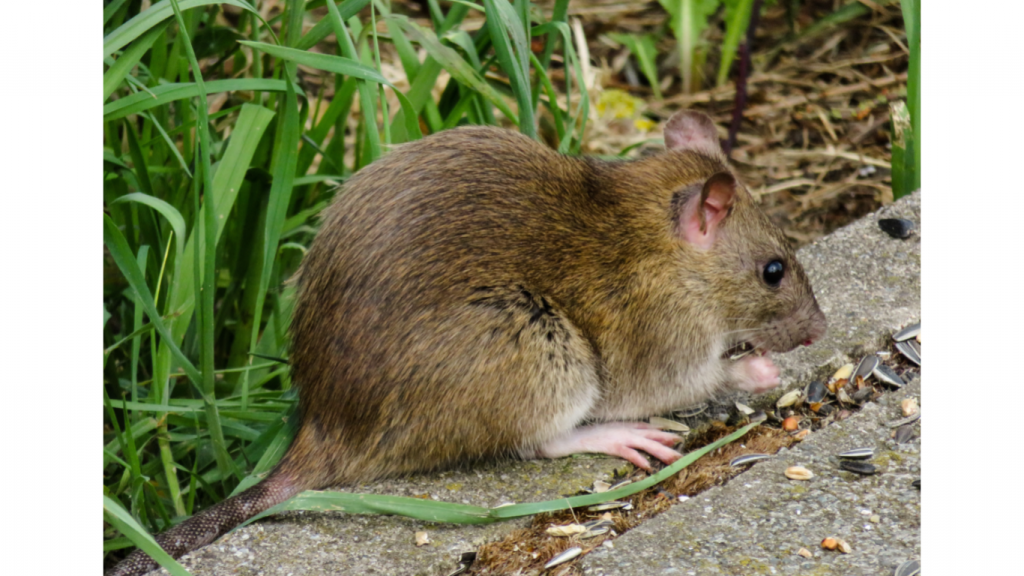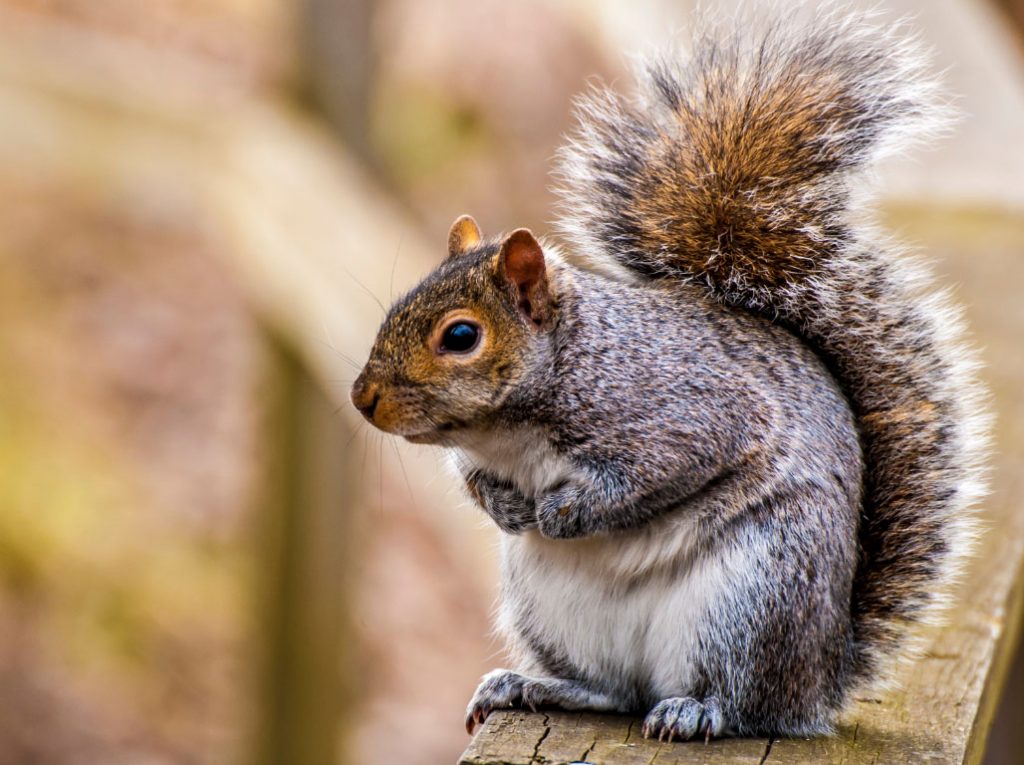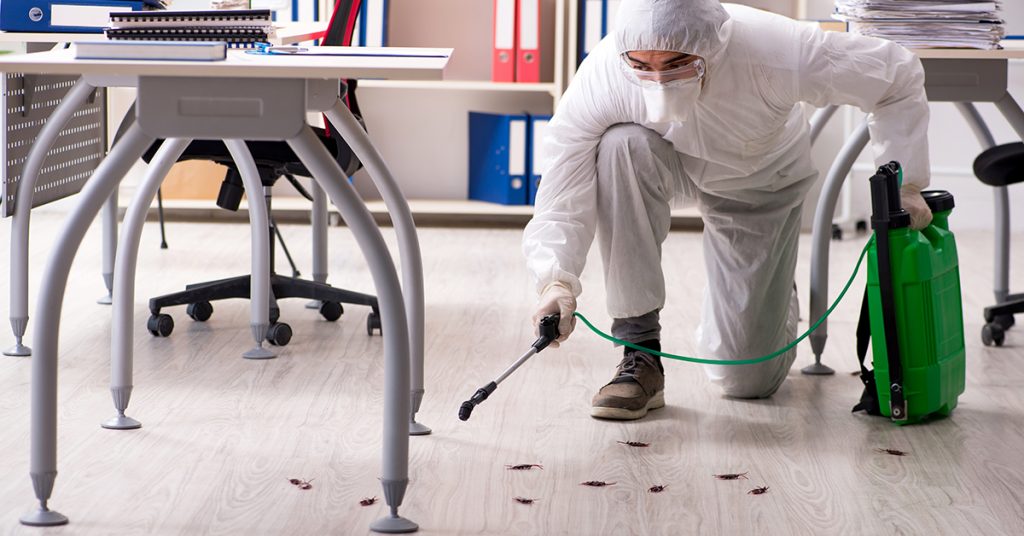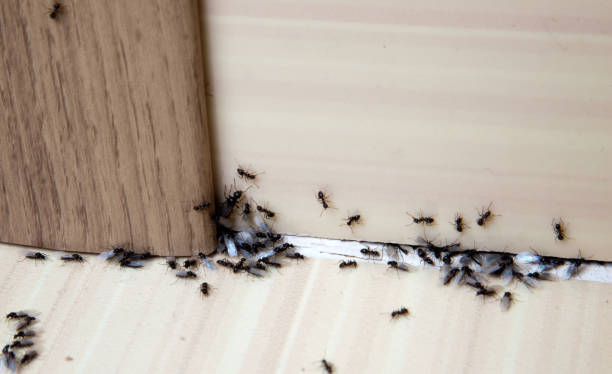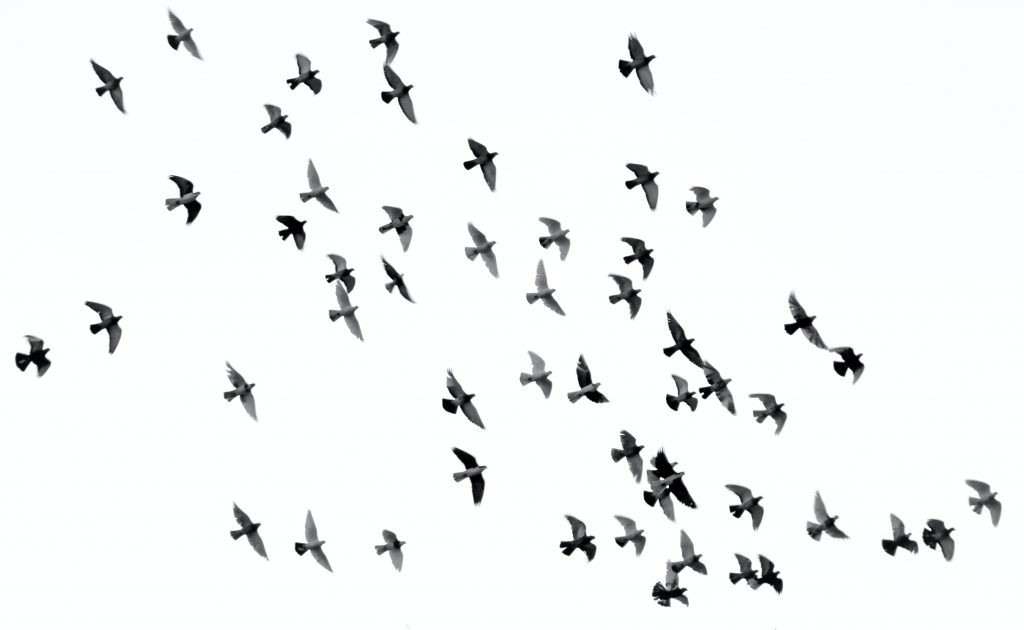Type of Pests That Come Out In May
As the weather starts to warm up, so does the activity of pests in London. May is the month when many types of pests start to come out and become a nuisance to homeowners and businesses alike. Here are some of the common types of pests that emerge in May and how you can prevent or control them with the help of Pest Gone, the pest control experts in London. Ants. Ants are one of the most common pests that come out in May. They are attracted to sugary substances and can quickly invade your home or garden in search of food. Ants can be difficult to control because they have a strong sense of smell and can detect even the tiniest crumbs or spills. To prevent an ant infestation, make sure to clean up spills and crumbs promptly, seal all food containers tightly, and eliminate any standing water in and around your home. If you already have an ant infestation, Pest Gone can help you with effective ant control solutions that are safe for your family and pets. Flies. Flies are another common pest that emerges in May. They are attracted to rotting organic matter such as garbage and animal waste. Flies can carry harmful bacteria and can contaminate your food and surfaces with germs. To prevent a fly infestation, make sure to keep your trash cans tightly closed and dispose of your garbage regularly. You can also install fly screens on your windows and doors to prevent flies from entering your home. Pest Gone offers fly control solutions that can help you eliminate flies and keep them from coming back. Wasps. Wasps are more active in the summer months, and May is the time when they start to build their nests. Wasps can be dangerous because they can sting and cause an allergic reaction in some people. If you see a wasp nest in or around your home, do not attempt to remove it yourself. Call Pest Gone, and we will safely remove the nest and prevent wasps from returning. To prevent wasps from building nests in the first place, make sure to keep your outdoor trash cans sealed tightly, clean up spills and crumbs, and eliminate any standing water. Bed Bugs. Bed bugs are a year-round problem, but they can become more active in the summer months. They are attracted to warmth and human sweat, and they can easily infest your home or business. Bed bugs can be difficult to detect and eliminate because they hide in cracks and crevices during the day and come out at night to feed. If you suspect that you have a bed bug infestation, call Pest Gone, and we will perform a thorough inspection and offer effective bed bug treatment options. In conclusion, May is the month when many types of pests start to emerge and become a nuisance in London. If you want to prevent or control pests in your home or business, Pest Gone can help. Our pest control experts are trained to identify and eliminate a wide range of pests, including ants, flies, wasps, and bed bugs. We use safe and effective pest control solutions that are tailored to your specific needs. Don’t let pests ruin your summer. Contact Pest Gone today, and let us help you get rid of pests for good.
Type of Pests That Come Out In May Read More »

